In a last-minute decision that has raised eyebrows, Governor Gavin Newsom signed Senate Bill 1524 on Saturday, permitting California restaurants and bars to continue charging service fees, healthcare costs, and other surcharges, provided they are clearly listed for diners to see. This move, while a relief to many in the service industry, also personally benefits Newsom, who has financial interests in several establishments in the state.

Senate Bill 1524, an emergency measure introduced in early June, exempts food and beverage vendors from the restrictions of Senate Bill 478, which goes into effect in July. SB 478 aims to eliminate “hidden” or “junk” fees commonly charged by ticket sellers, hotel and travel websites, and other businesses. Initially, restaurants and bars were included in this category, prompting Attorney General Rob Bonta to advise these businesses to incorporate such fees into their listed menu prices to avoid legal repercussions.
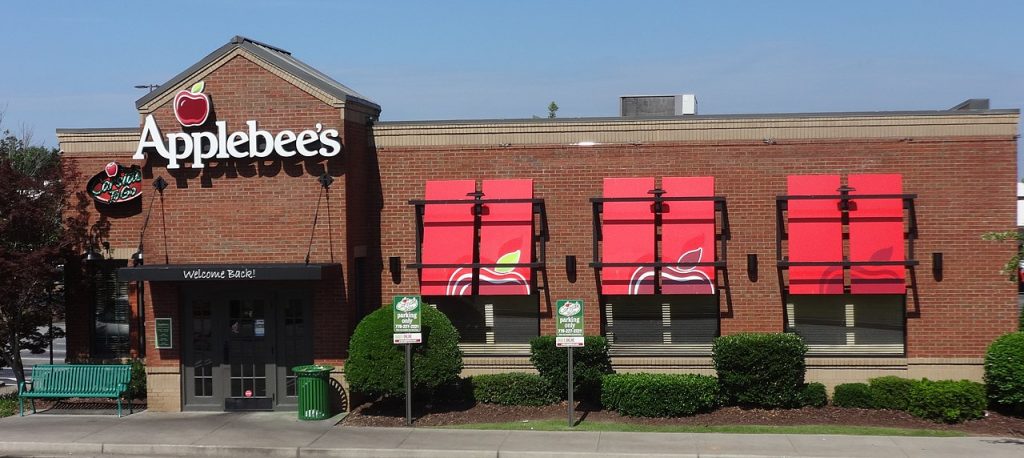
“These deceptive fees prevent us from knowing how much we will be charged at the outset,” Bonta stated upon the signing of SB 478. Although Bonta could not be reached for comment on the exemptions allowed by SB 1524, his earlier stance highlighted the controversy surrounding these additional charges.
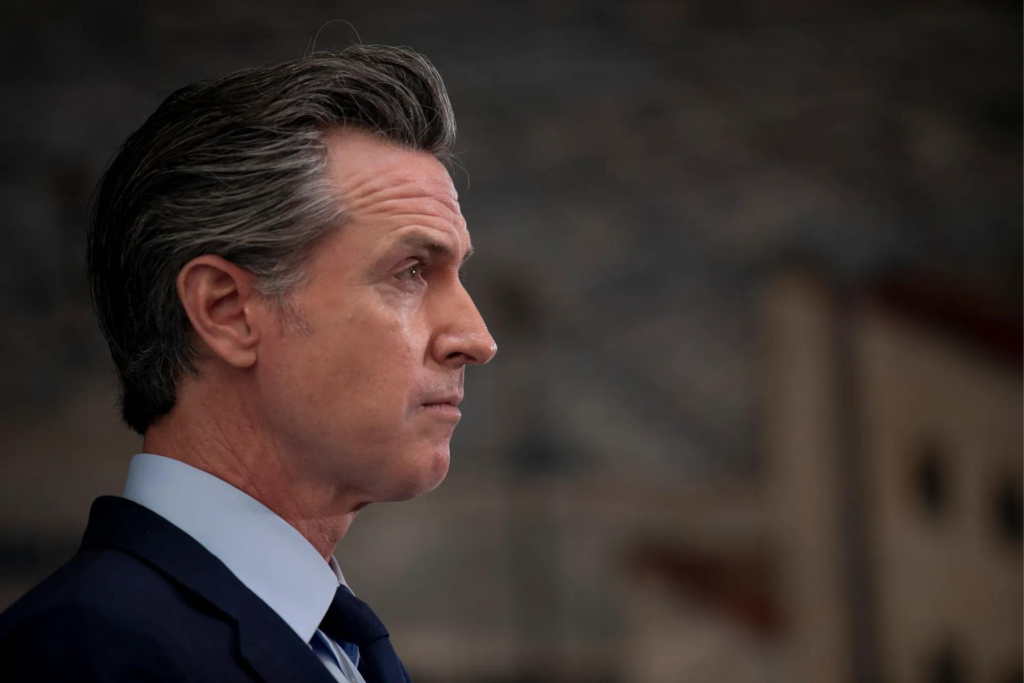
The passage of SB 1524 has been met with significant relief from the restaurant industry, which has been vocal in its opposition to SB 478 since it passed in October. Restaurateurs feared that increasing listed prices in a year marked by economic instability would drive away customers and potentially lead to closures. The Independent Hospitality Coalition, a restaurant advocacy group, has been at the forefront of the fight against SB 478. Co-founder Eddie Navarrette expressed relief at the new bill’s passage, citing the numerous challenges already faced by small restaurants.
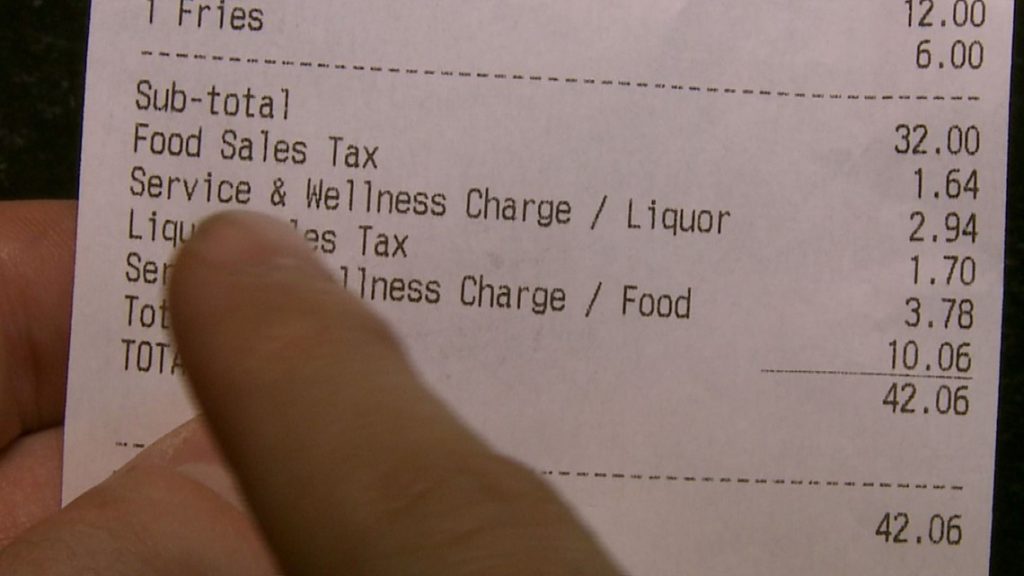
Despite the relief among many restaurateurs, not everyone is satisfied with the new legislation. Many feel that the hidden fees amount to a bait and switch tactic.

A notable aspect of this situation is Governor Newsom’s personal involvement in the restaurant industry. Newsom owns PlumpJack Café in Olympic Valley and the PlumpJack Group, which operates four restaurants and bars and four wineries across California. The signing of SB 1524 could potentially benefit these businesses by allowing them to maintain additional revenue streams through service fees and surcharges, which could have otherwise been restricted under SB 478. This connection has not gone unnoticed, with some critics suggesting a conflict of interest.

While some local restaurants have faced accusations of misusing service fees, many in the industry argue that these instances are rare. “Every restaurateur that I know who cares in this industry is using it in a way that is so immensely appropriate and responsible and forward-thinking that if it was to go away, it would be really crippling to everybody,” Kato restaurateur Ryan Bailey told The Times earlier this year.
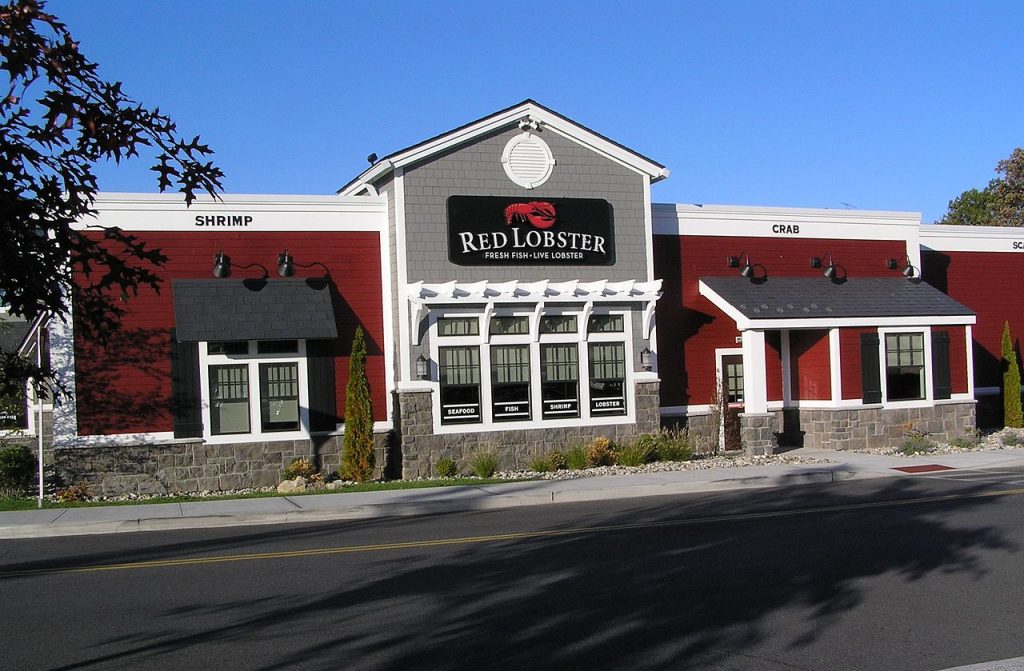
The new bill, which passed unanimously in the state Assembly and Senate in late June, was co-authored by several lawmakers, including Sen. Bill Dodd (D-Napa), who also co-wrote SB 478. The bill is supported by the California Restaurant Association and the labor union Unite Here, both of which represent thousands of hospitality workers in the state.
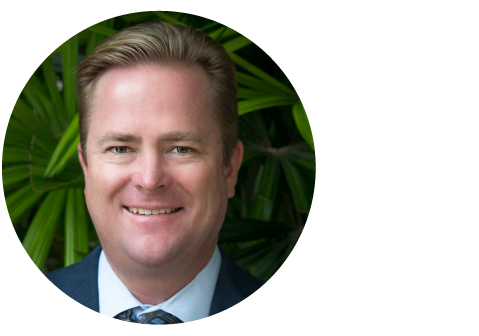
Matthew Sutton of the California Restaurant Association praised the bill, stating that it “will enable restaurants to continue to support increased pay equity and to make contributions to worker health care and other employee benefits. And, importantly, consumers will remain empowered to make informed choices about where they choose to dine out.”
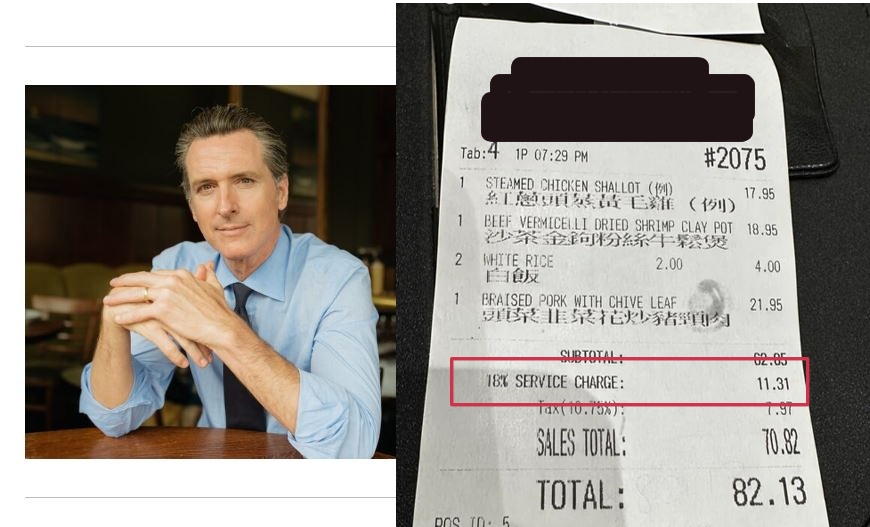
As the service industry adjusts to this new legislation, the debate over the transparency and fairness of service fees is likely to continue. While SB 1524 mandates clear posting of fees, some believe it falls short of the consumer protection envisioned by SB 478, which aimed for complete fee transparency by incorporating all charges into listed prices. Engstrom hopes to see similar consumer-protection legislation adopted in other states or at the federal level, without the exemptions granted by SB 1524.




